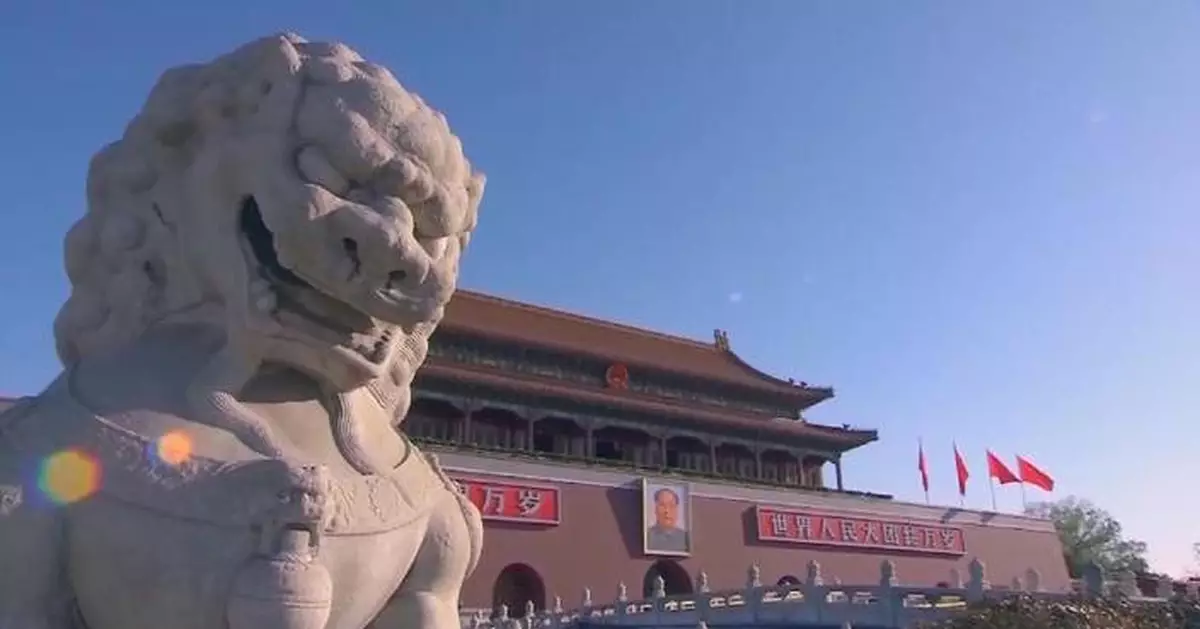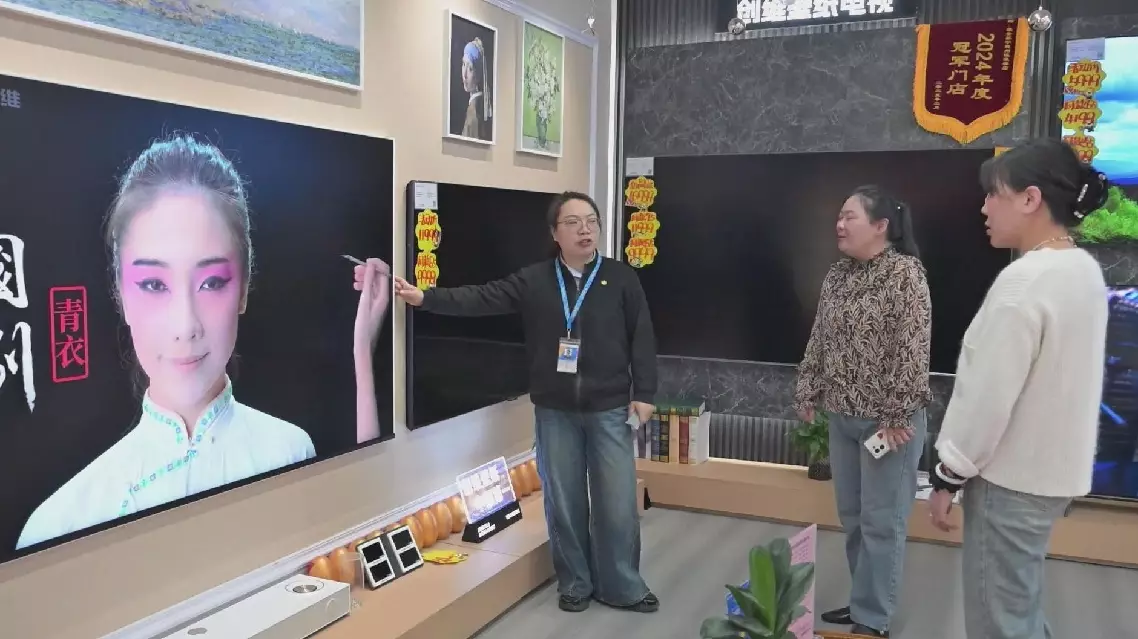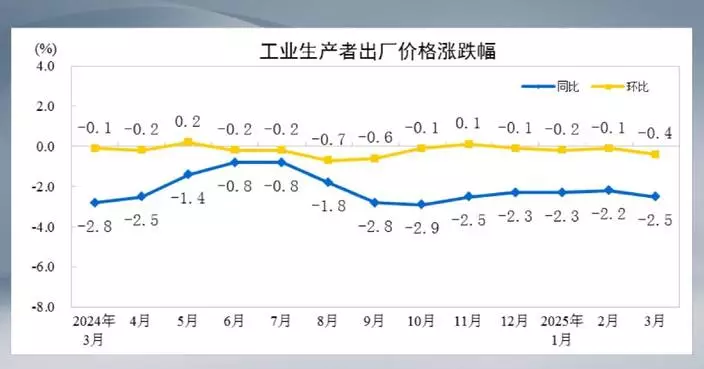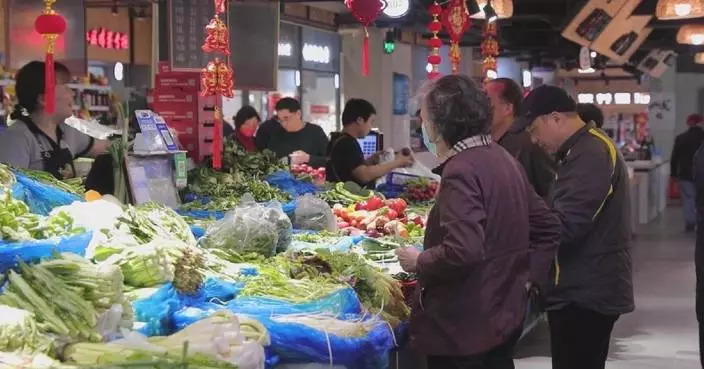The Chinese government issued a statement on Saturday stating its position against the excessive use of tariffs by the Untied States.
A translated version of the statement is as follows:
Recently, the United States has announced indiscriminate tariffs on all its trading partners, including China, under various pretexts, seriously infringing on the legitimate rights and interests of all these countries, seriously violating WTO rules, severely undermining the rules-based multilateral trading system, and gravely impacting stability of the global economic order. The Chinese government strongly condemns and firmly opposes this.
What the U.S. has done violates basic economic rules and market principles, disregards the balance of interests established through multilateral trade negotiations, and ignores the fact that the U.S. has long benefited significantly from international trade. Using tariffs as a weapon to exert maximum pressure and seek selfish gains is a typical act of unilateralism, protectionism and economic bullying.
By pursuing a zero-sum game in the name of "reciprocity" and "fairness", the U.S. is actually seeking "America First" and "America Only". It is subverting the existing international economic and trade order by means of tariffs, letting the United States' own interests override the public interests of the international community, and serving its own hegemonic interests at the expense of the legitimate interests of all countries in the world. This will surely be met with universal opposition from the international community.
China is an ancient civilization whose people value etiquette highly and believe in treating others with sincerity and integrity.
We do not make trouble, and are not afraid of trouble. Exertion of pressure and intimidation is not a right way to deal with China.
China has taken and will continue to take resolute measures to safeguard its sovereignty, security and development interests.
The economic and trade relations between China and the United States should be mutually beneficial by nature. The United States should meet the common expectations of the people of the two countries and the rest of the world, bear in mind the fundamental interests of both countries, stop using tariffs as a weapon to suppress China's economy and trade, and stop undermining the legitimate development rights of the Chinese people.
China is the world's second-largest economy and the second-largest consumer market. Regardless of the changing international landscape, China will open even wider to the rest of the world.
We will continue to promote high-level opening-up, steadily expand institutional openness in areas such as rules, regulations, management and standards, implement policies for high-level trade and investment liberalization and facilitation, foster a first-class international business environment that is market-oriented and law-based, and share development opportunities with the rest of the world to achieve mutually beneficial and all-win outcomes.
Economic globalization is an inevitable path for the development of human society. The rule-based multilateral trading system, with the World Trade Organization (WTO) at its core, has made significant contributions to promoting global trade, economic growth and sustainable development.
Openness and cooperation is a historical trend, and the world will not, nor should it, return to a state of enclosure and division. Mutually beneficial and win-win cooperation is an aspiration of the people, and beggar-thy-neighbor economic bullying will ultimately backfire on itself. Promoting economic globalization in a more open, inclusive and balanced direction is a shared responsibility of the international community.
Development is a universal right of all countries, not a privilege of the few. International affairs should be handled collectively on the basis of joint consultation, and the future and destiny of the world should be shaped by all countries together.
Trade wars and tariff wars have no winners, and protectionism has no way out. All countries should adhere to the principle of extensive consultation, joint contribution and shared benefits, uphold true multilateralism, jointly oppose unilateralism and protectionism in all forms, and uphold the international system with the United Nations at its core and the multilateral trading system with the WTO at its core.
It is believed that the absolute majority of countries in the world that believe in fairness and justice will choose to stand on the right side of history and make decisions that align with their own interests. The world needs fairness, not hegemony.
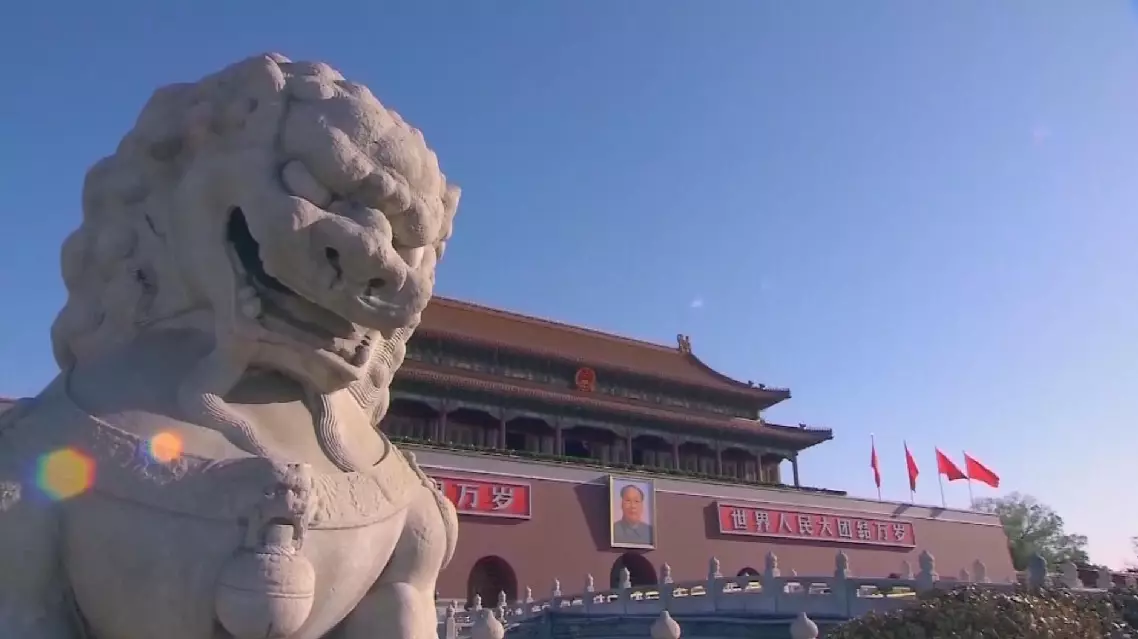
Chinese government states position on U.S. tariff abuse
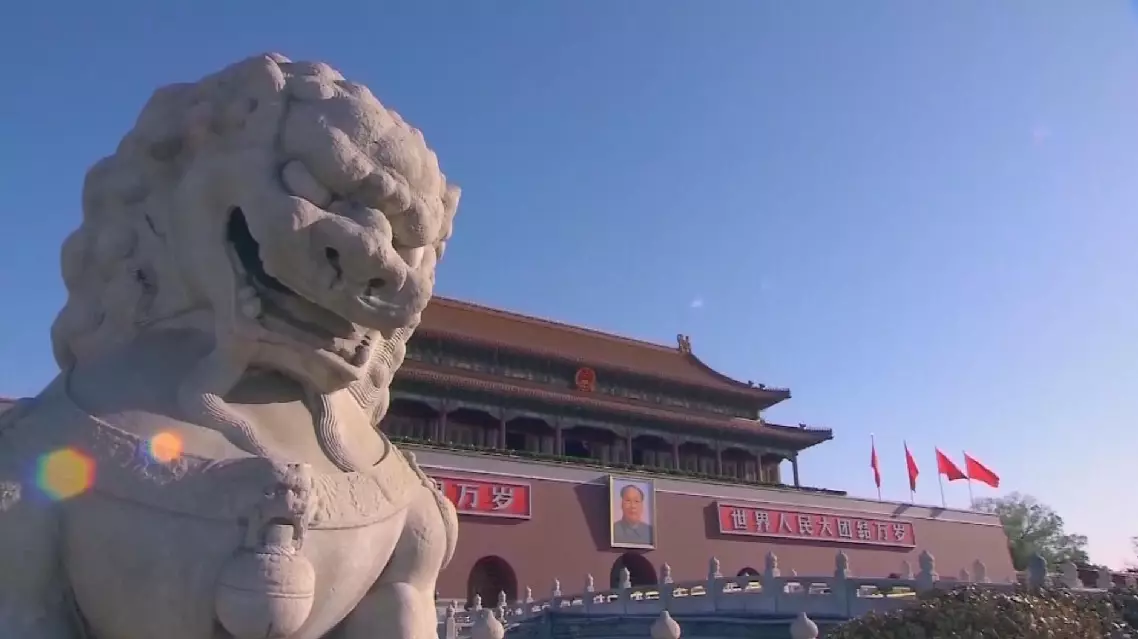
Chinese government states position on U.S. tariff abuse
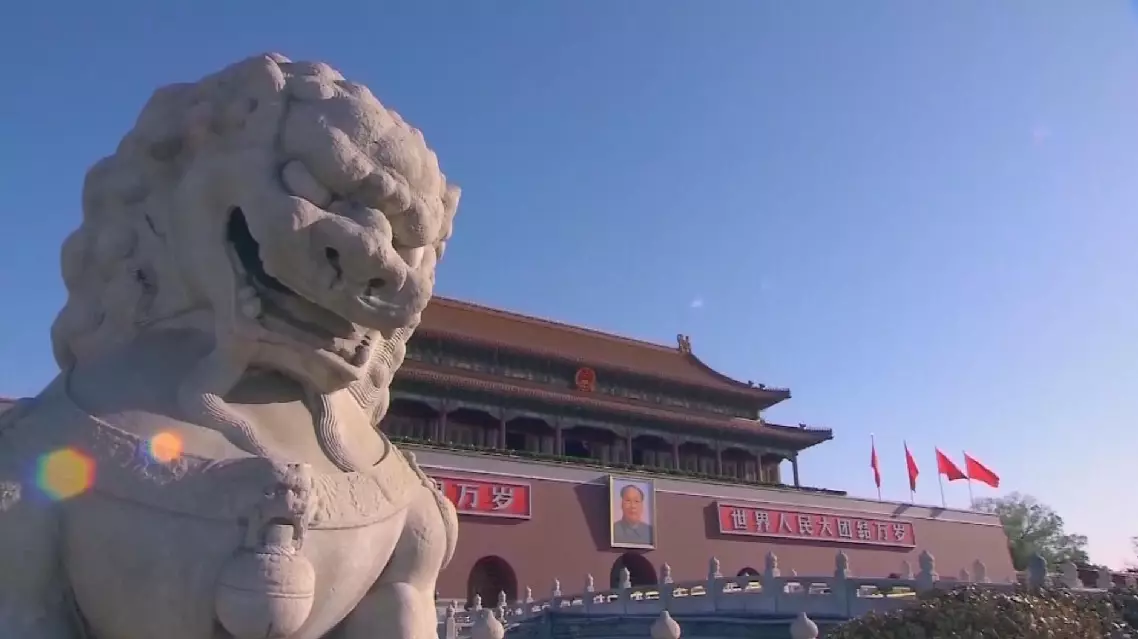
Chinese government states position on U.S. tariff abuse


